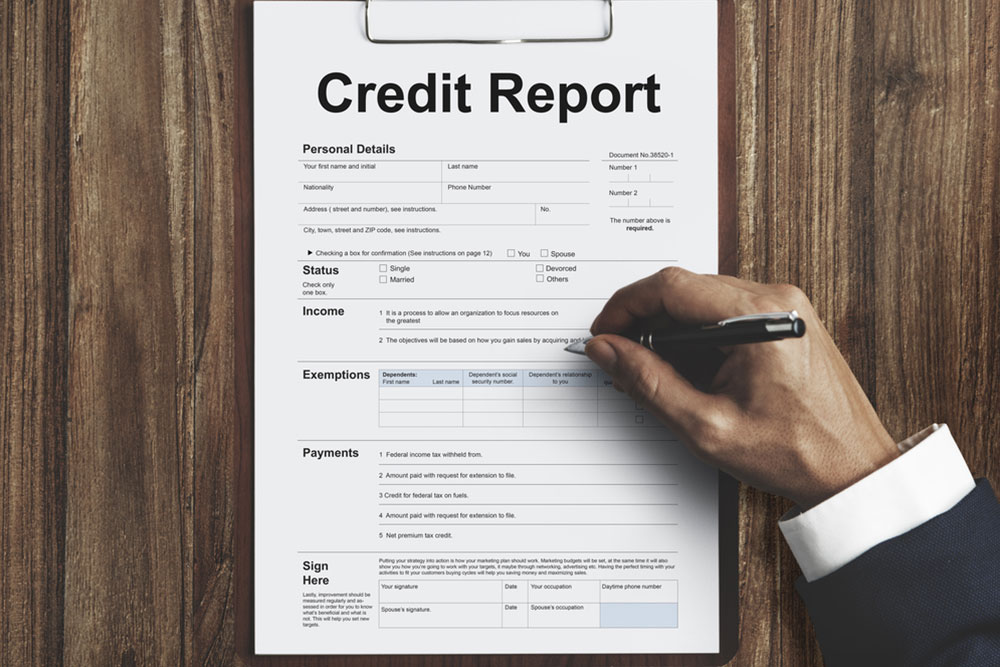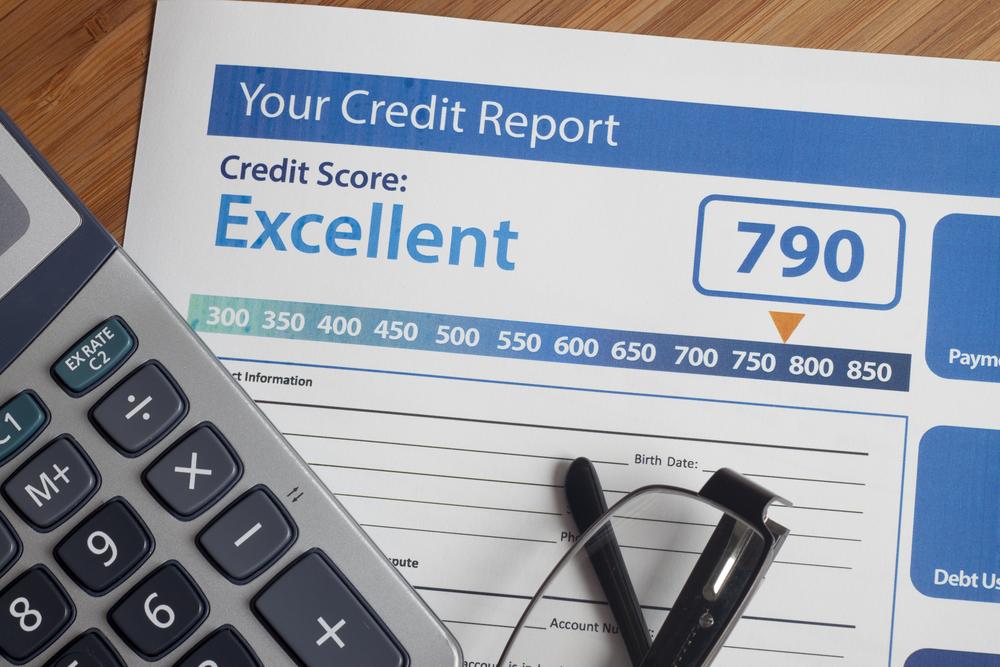Comprehensive Guide to Understanding Your Credit Score
This article offers a detailed overview of credit scores and reports, explaining their importance, how they are calculated, and tips for maintaining and correcting your credit information. Regular review and understanding of your credit profile can improve financial opportunities and prevent errors from impacting your creditworthiness.
Sponsored

Understanding Credit Scores and Reports
Your credit report and score are essential tools for securing loans, mortgages, and other financial services. They detail your payment history, debts, and even past legal issues like bankruptcy or arrests. The FICO score, introduced in 1989 by Fair, Isaac, and Company, is widely used by lenders and is based on data from Experian, Equifax, and TransUnion, which may have differing information about you. A high credit score facilitates easier loan approval, lower insurance premiums, and better rental opportunities.
Your credit report influences decisions made by lenders, employers, insurers, and landlords. Regularly reviewing your report ensures accurate information; if errors are found, they should be corrected immediately. Your credit score, a number indicating your credit risk, is calculated based on payment history, debt levels, account types, and credit age.
Various credit scoring companies generate different scores. The annual free credit report does not include your score but can be purchased separately. To obtain your free report, visit AnnualCreditReport.com or directly contact the credit bureaus. Disputing inaccuracies involves contacting the agencies and providing proof to support corrections. Negative data like bankruptcies or tax liens may stay on your report for years but can be contested or removed if outdated or incorrect.
Understanding the factors affecting your credit score—payment history (35%), debt (30%), credit age (15%), credit mix (10%), and recent credit inquiries (10%)—will help improve your financial standing. Major credit agencies use different scoring models, such as Experian's FICO Advanced Risk Score, Equifax's Pinnacle, and TransUnion's FICO Risk Score NextGen, each with unique naming conventions.






